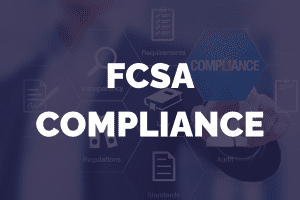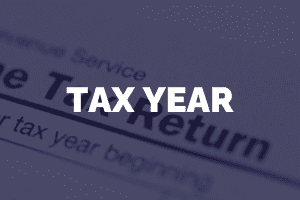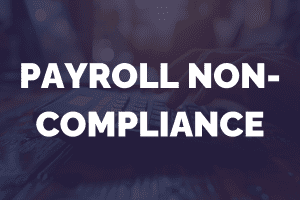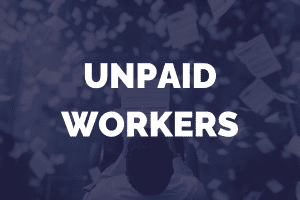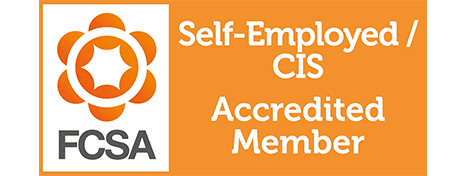The off-payroll working rules, IR35 as they’re commonly known, apply where the worker provides their services through their own limited company such as a PSC. The rules make sure that workers, who would have been an employee if they were providing their services directly to the client, pay broadly the same Income Tax and national Insurance contributions as employees.
Since April 2021 (April 2017 in the public sector) end users of a contractors services have decided the IR35 status of the engagement. Where IR35 applies, Income Tax and employee National Insurance contributions must be deducted from fees paid to HMRC, and employer National Insurance contributions and the Apprenticeship levy must be paid to HMRC by the company who pays the PSC. Unless the recruitment agency has a team who can facilitate these payments, this often results in the worker using an umbrella company to ensure compliance.
As an example, a contractor with an income of £100,000, would have a tax and NICs bill of c.£20,000.
If the contractor was found to have an incorrect IR35 determination, the end client could face a bill of £80,000 plus interest, penalties and fines.
HMRC are able to extend an enquiry back as far as four years.
Potential end client bill per contractor = (20% of total salary + interest + fines) x4

Our solution, designed for contractors with their own Limited Company / Personal Services Company (PSC) who want to continue to benefit from the opportunity to work on contracts of their choice.
Upgrading to our PSC Flex solution is free of charge and provides contractors with the flexibility to continue to process payments through their Limited company when they are deemed ‘Outside IR35’ and for those contracts where they are deemed ‘Inside IR35’, we will process PAYE payroll via our Umbrella service.
With end of year accounts and self-assessments included, our PSC Flex service gives your contractors total flexibility and 100% compliance at all times.
The IR35 rules were designed by HMRC to tackle “disguised employment”, a practice whereby a contractor provides their services through a Personal Service Company (PSC) in order to benefit from the tax advantages of being self employed, even if this does not accurately reflect their working practices.
Since 6th April 2017 in the public sector, and 6th April 2021 in the private sector , the end client has been responsible for deciding the IR35 status of every engagement with a PSC contractor.
Your client must take reasonable care in reaching their decision and give reasons for their conclusions. They must communicate their decision in the form of a Status Determination Statement (SDS) to your agency and the contractor. In practice the end user will probably try to issue the SDS before you start the assignment.
IR35 applies to a supply chain where the worker provides their services through an intermediary, usually a PSC.
Where the CIS contractor uses their own PSC, yes. However Sole Traders are not affected because IR35 only applies to incorporated companies.
The rules apply to all contractors who supply their services via a PSC.
The majority of your clients will have to apply the rules, however small businesses meeting two or more of the following criteria are exempt:
Liability for deducting appropriate tax and NICs from the contractors fee sits with the “fee-payer”.
The fee-payer is the entity which pays the PSC company, which is usually the recruitment agency.
Failure to deduct correct tax and NICs based on whether the contractor is inside or outside IR35 could have significant repercussions for your agency, such as:
If your “end client” decides you are “outside IR35” (you remain self-employed for tax purposes), nothing will change for you.
If your “end client” decides that you are “inside IR35” (you are an employee for tax purposes), you will have your income taxed at source, the same as being paid PAYE by an employer.
If this is the case, it may not be cost-effective for you to use your own limited company for this particular piece of work and contract.
Many “end clients” will use the HMRC approved CEST (Check Employment Status for Tax) tool, to make their decision.
The tool asks a number of questions, at the end of which a decision on IR35 is given. CEST can be found online here:
It is the “end client’s” responsibility to communicate their decision to you, you are not expected to ask for it.
You will be able to appeal a decision on your “status”.
However, if an “end client” has taken reasonable care in making their original decision, they do not have to change their mind on appeal.
Many contractors/temporary workers will stop owning a limited company and move to being employed by an umbrella company, a preferred alternative by many recruitment agencies.
Speak to one of our specialist advisors as soon as possible, who will help you move from owning a limited company to being employed by an umbrella company.
Statement of Work contracts set out the project/work to be completed, as opposed to a requirement for a contractor’s time. These types of contracts do fall outside of the scope of the IR35 rules, however HMRC is aware of this and will actively challenge any contracts of this style which are used purely in an attempt to “get around” IR35.
A practical solution is for your agency to ensure that all PSC contractors who are or are likely to be assessed as “inside” IR35 are paid through an umbrella company who will deduct tax and NICs at source through PAYE.
There are several IR35 insurance products on the market, however you should take advice on your circumstances before choosing which one to use. Some of these products may not be effective, and in the worst cases, could create a tax liability that did not exist before. Speak to your insurance broker for more information.




